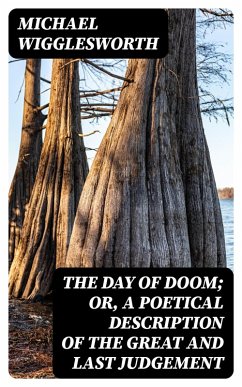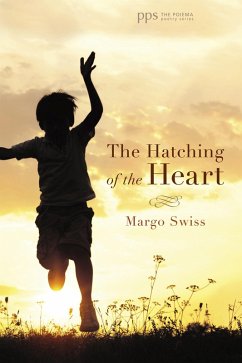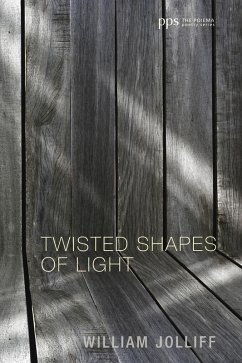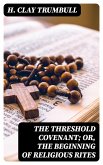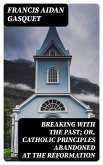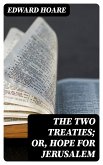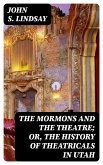Michael Wigglesworth's "The Day of Doom; Or, a Poetical Description of the Great and Last Judgement" is a compelling allegorical poem that vividly imagines the frightening scenes of the Last Judgment. Written in the 17th century, this work stands as one of the earliest American poems and offers a poetic format steeped in the Puritanical traditions of the time. Wigglesworth employs a didactic style, overflowing with vivid imagery and somber reflections on sin and redemption, designed to evoke moral introspection and religious fervor among its readers. The use of rhythmic couplets captures a sense of urgency and inevitability, aligning the reader with the ethical parameters of an era rife with existential contemplation. Wigglesworth, a minister and poet from colonial New England, was deeply influenced by the fervent religious atmosphere of his time. His role within a Puritan community and personal experiences of faith and doubt profoundly shaped his depiction of divine judgment and human frailty. The cultural context of his life-marked by a quest for salvation and an emphasis on moral righteousness-sharply informs the themes explored within this work, encapsulating a community's fears and hopes about salvation. For readers interested in early American literature, Wigglesworth's "The Day of Doom" is essential. Not only does it provide insight into the Puritan mindset, but it also functions as an early commentary on the human condition through the lens of religious belief. This poem stands as an important artifact of American history, merging poetic artistry with profound theological exploration.
Dieser Download kann aus rechtlichen Gründen nur mit Rechnungsadresse in A, B, BG, CY, CZ, D, DK, EW, E, FIN, F, GR, H, IRL, I, LT, L, LR, M, NL, PL, P, R, S, SLO, SK ausgeliefert werden.

